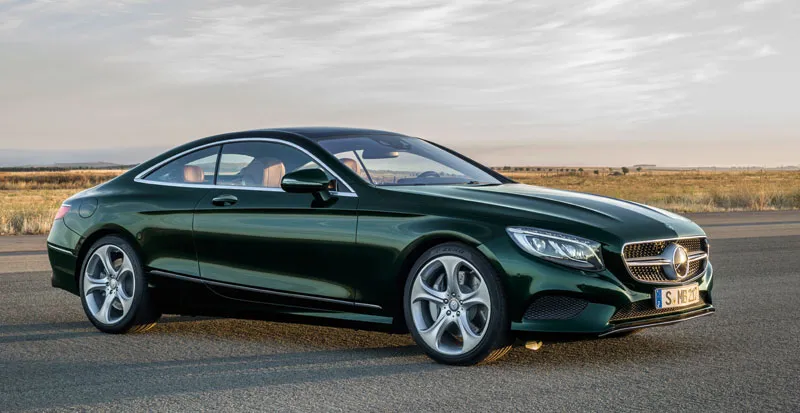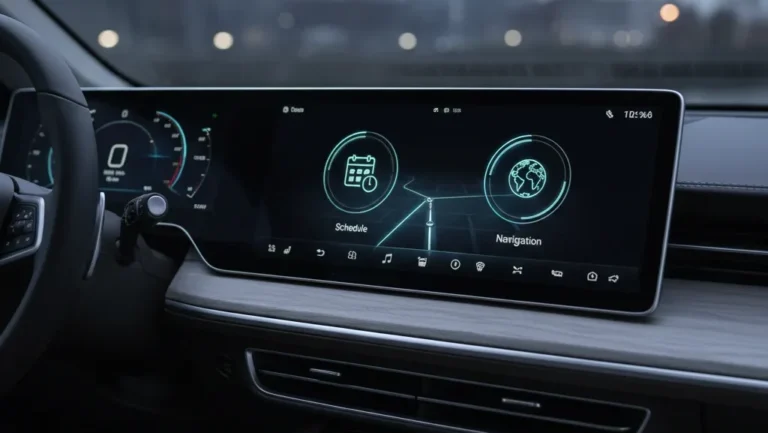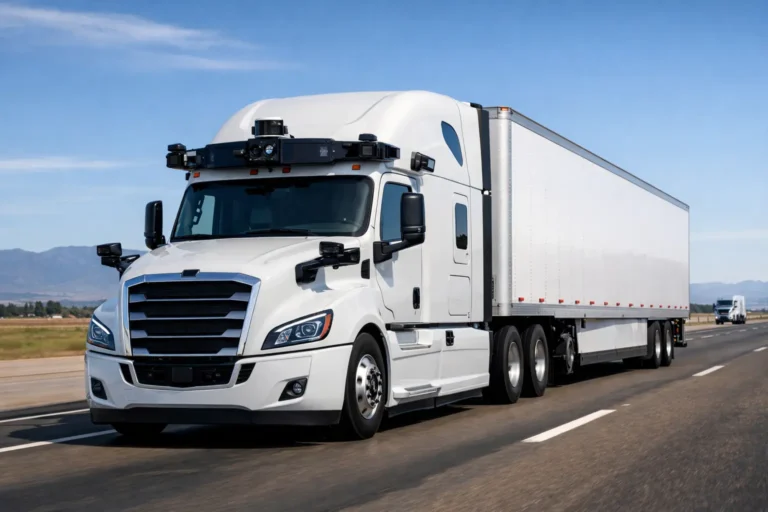
GWM Opens Brazil Plant, Showcasing Global Quality and Innovative Technology
Great Wall Motor (GWM) has officially inaugurated its long-anticipated Brazil Plant in Iracemápolis, São Paulo, marking a historic milestone in the company’s global expansion strategy. This facility is GWM’s first full-process manufacturing hub in South America, underscoring the automaker’s ambition to strengthen its presence in international markets and reinforce its reputation for global quality and technological innovation.
The launch of the plant represents more than just a physical expansion of manufacturing capacity—it symbolizes the brand’s commitment to adapting to local needs while maintaining consistency with its worldwide standards. By starting operations in Brazil, GWM positions itself to play a central role in the region’s automotive transformation, particularly as the industry shifts toward electrification, smarter vehicles, and sustainable mobility.
A State-of-the-Art Manufacturing Hub
The Iracemápolis facility has been equipped with advanced production technologies and highly automated assembly lines, creating an environment designed for precision, safety, and efficiency. At the initial stage, the plant will produce some of GWM’s flagship models, including the HAVAL H6, HAVAL H9, and the GWM POER 2.4T pickup. These vehicles were selected strategically to cater to the diverse demands of Brazilian and Latin American consumers—from family SUVs to rugged, performance-driven pickups.
Automation plays a critical role in the plant’s operation. Intelligent robotic systems and digitalized monitoring ensure high consistency in production while minimizing error margins. This reflects GWM’s vision of combining human expertise with AI-assisted manufacturing to deliver vehicles that meet stringent quality requirements.
Beyond manufacturing, the Brazil Plant is expected to become a hub of innovation, creating a synergy between local production and global research and development efforts.
Certified to Global Standards
Even before the start of mass production, the Brazil Plant achieved ISO 9001:2015 certification, a globally recognized benchmark for quality management systems. This certification reinforces the facility’s alignment with GWM’s global quality network and its ability to maintain uniform manufacturing excellence.
Every vehicle produced undergoes rigorous testing across extreme environments and terrains, ensuring resilience under conditions ranging from scorching deserts to freezing winters. This guarantees that Brazilian consumers can expect the same level of reliability, safety, and durability enjoyed by GWM customers in markets such as China, Europe, and Australia.
By implementing a zero-defect management philosophy, supported by precision control systems and real-time data monitoring, GWM ensures that its vehicles meet international standards without compromise.
Meeting Brazil’s Driving Needs
Brazil presents a unique driving environment. Urban centers like São Paulo demand efficiency, comfort, and connectivity, while rural and off-road terrains call for resilience, endurance, and versatility. GWM’s vehicle portfolio in Brazil has been carefully designed to meet these contrasting demands.
- HAVAL H6 Hybrid and Plug-in Hybrid: These models represent the brand’s push toward electrification. They balance fuel efficiency with durability, making them ideal for drivers seeking sustainable performance without sacrificing convenience. Notably, the HAVAL H6 PHEV received the “Best Hybrid Vehicle” award at the 2024 Best Buy Awards organized by Autoesporte, one of Brazil’s leading automotive publications. The recognition, earned against over 150 competing models, highlights the vehicle’s outstanding design and technology leadership.
- HAVAL H9 Diesel: Built for adventure, the HAVAL H9 offers long-range capability, fuel efficiency, and rugged durability. It combines family-friendly comfort with robust off-road performance, making it particularly suitable for Brazil’s diverse landscapes—from highways and mountain roads to rural backcountry trails.
- GWM POER Pickup: Recognized for its toughness and versatility, the POER is designed for both commercial and recreational users. With a powerful 2.4T engine, it delivers performance that resonates with Brazil’s growing pickup truck market.
By pursuing an “All-scenarios, All Powertrains, All Users” strategy, GWM is not simply selling vehicles—it is tailoring mobility solutions to address different driving conditions and customer needs. The company’s guiding principle, “Tech to Enjoy Every Journey,” reflects its mission to make driving both enjoyable and dependable for everyone.
Innovation at the Heart of Globalization
While the Brazil Plant is focused on production, GWM is also taking steps to establish itself as a technology innovator in South America. The company has announced the creation of its first overseas R&D center in Brazil, an initiative designed to deepen local innovation and adaptation.
This center will allow GWM engineers to:
- Optimize powertrain technologies for Latin American fuel types and regulations.
- Conduct chassis tuning to suit local road conditions, ensuring vehicles deliver a balance of performance and comfort.
- Develop intelligent driving systems tailored for Brazilian and regional consumers.
GWM is also integrating advanced technologies such as AI-assisted production systems, hybrid innovations, and advanced diesel solutions. These capabilities will accelerate not only the localization of products but also the company’s global competitiveness in the transition toward smart and sustainable mobility.
Strengthening Local Economies and Communities
The impact of GWM’s Brazil Plant extends well beyond the automotive sector. The facility has already created over 1,000 direct local jobs, and it is fostering a supplier ecosystem that involves numerous local businesses. This contributes to Brazil’s industrial growth and positions the country as a significant player in GWM’s global supply chain.
By working with local suppliers and technology partners, GWM is enhancing knowledge transfer and creating a sustainable industrial ecosystem. This collaborative approach ensures that economic benefits are shared locally, while also strengthening consumer trust in the brand.
Building Trust Beyond Borders
For Brazilian consumers, purchasing a GWM vehicle is about more than driving a new car—it is about trusting a brand that invests in safety, quality, and innovation. The vehicles rolling out of Iracemápolis are not just assembled locally; they are designed to be globally reliable, regionally relevant, and future-ready.
This trust is supported by:
- Proven vehicle testing across global environments.
- Certifications that validate quality and safety.
- After-sales support and growing dealership networks that ensure customer satisfaction.
By blending global expertise with local engagement, GWM strengthens its identity as a truly international brand with a local heart.
A Strategic Gateway to South America
The Brazil Plant represents more than a standalone investment. It is a strategic gateway for GWM to expand across South America, a region with increasing demand for SUVs, pickups, and electrified vehicles. With Brazil as the hub, GWM can explore growth opportunities in neighboring markets such as Argentina, Chile, and Colombia.
This expansion aligns with the broader global automotive trend toward localization—producing vehicles closer to key markets to reduce costs, improve supply chain resilience, and ensure products are tailored to regional needs.
As the automotive industry undergoes one of its most significant transformations in history—driven by electrification, connectivity, and sustainability—GWM’s Brazil Plant stands as a symbol of the company’s adaptability and forward-looking vision.
By combining world-class quality, advanced technology, and local engagement, GWM is setting a benchmark for how global automakers can successfully integrate into new markets while delivering tangible benefits to local communities.
The message is clear: GWM is not simply entering Brazil; it is investing in the country’s future, supporting innovation, and reshaping the mobility landscape.







